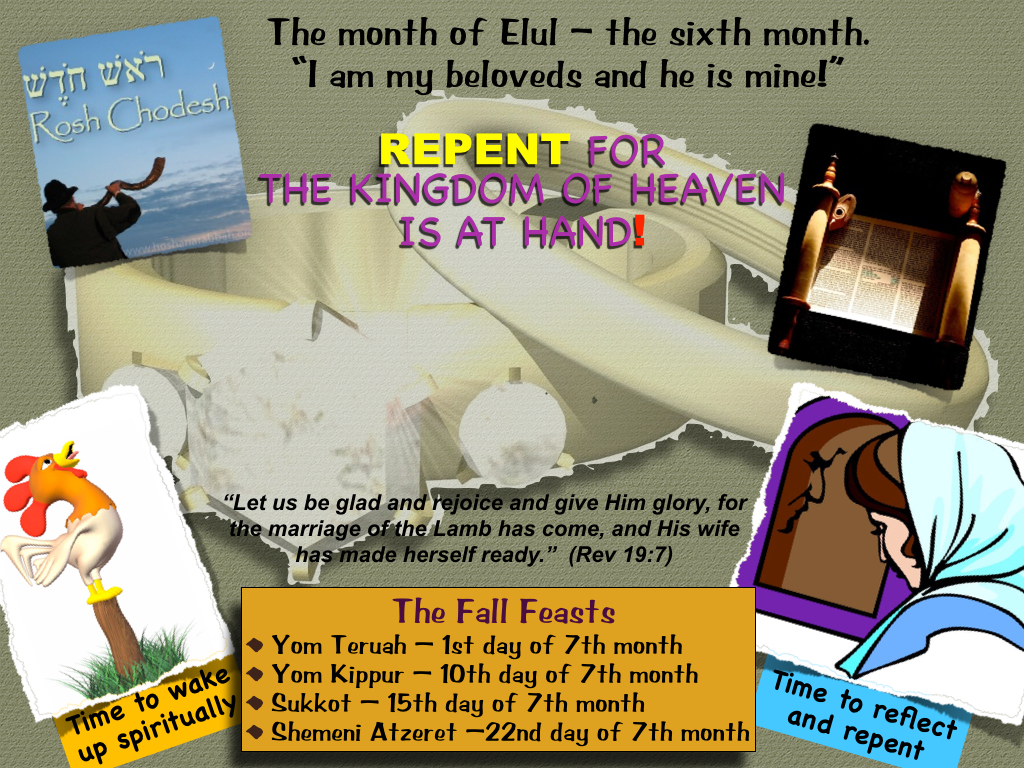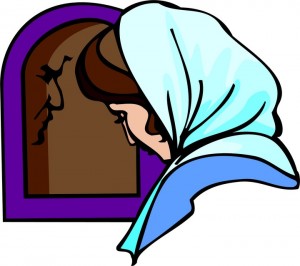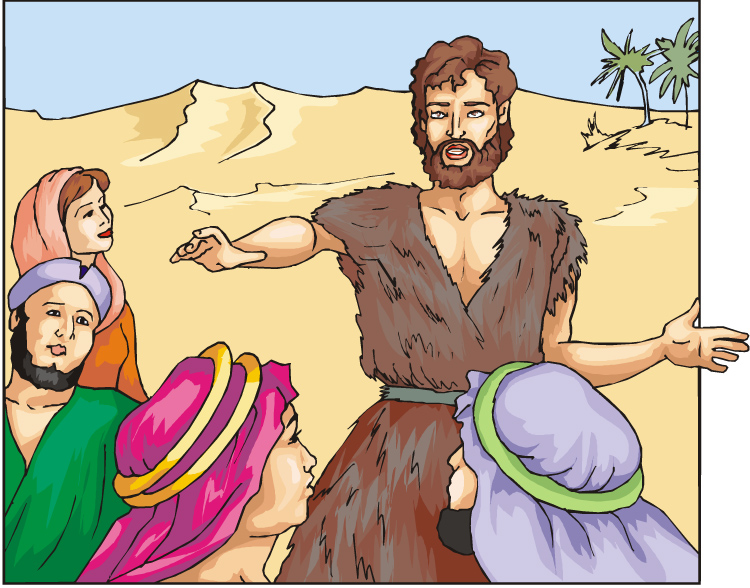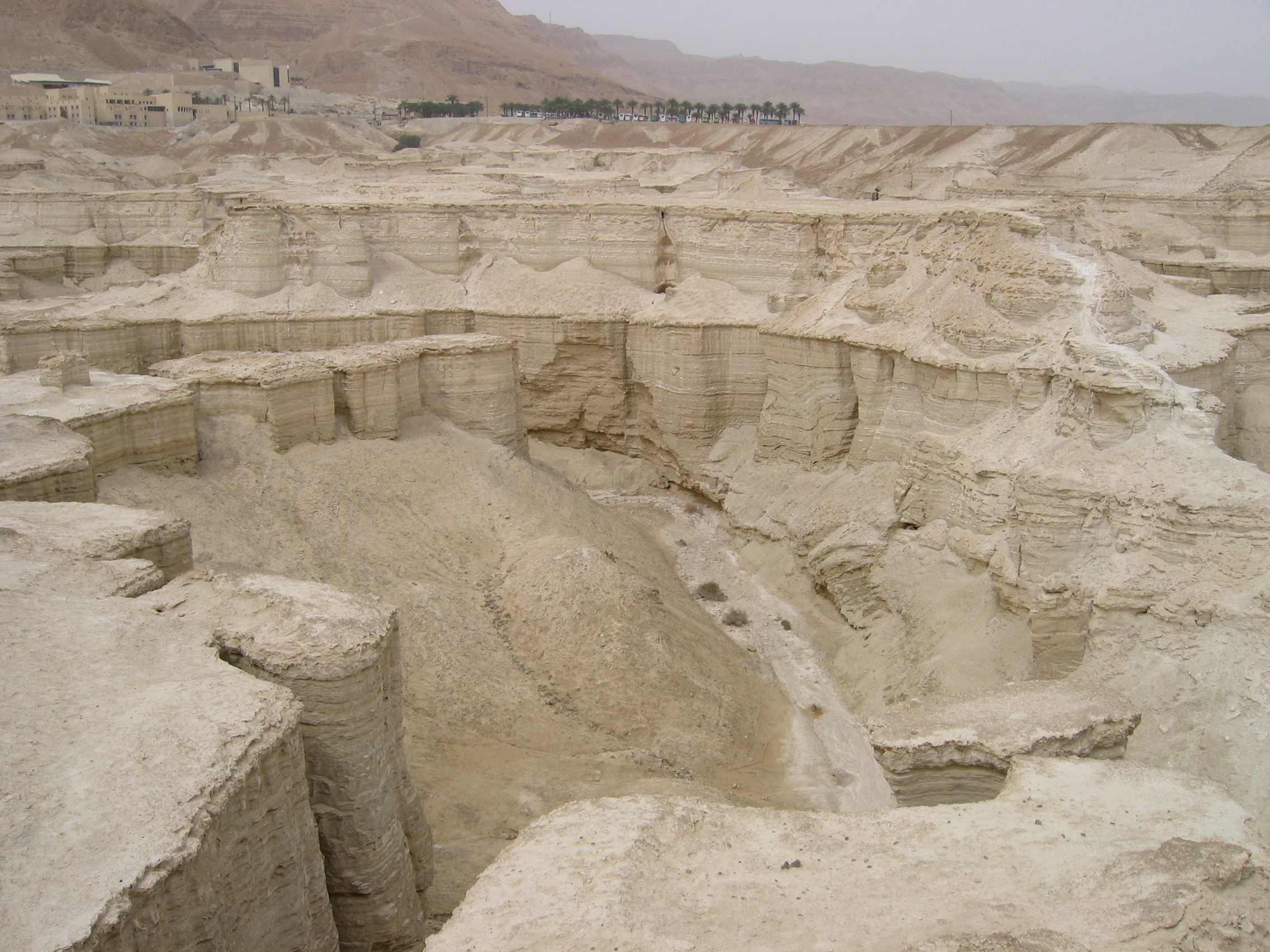Matthew 4:17, Repent…at hand. Mark’s Gospel adds, “and believe in the gospel” (Mark 1:15). Yeshua continued preaching the repentance message of John, and this became the essence of the gospel message (see verse 23). When Yeshua sent out his disciples two-by-two, he instructed them to preach the same message (Matt 10:7; Luke 9:6), the same message of repentance became part of the great commission (Luke 24:47). On the day of Pentecost, Peter preached the same message of repentance (Luke 2:38).
“Repent for the kingdom of heaven is at hand” is a message that is seldom heard in the Christian churches today, nor has it been consistently preached for a long time. In the late nineteenth century, Charles Haddon Spurgeon, the great English preacher, complained in his day that “Repentance is an old-fashioned word not much used by modern revivalists” (The Soul Winner, p. 27 published in 1895!). If this was true in Spurgeon’s day, how much more so today?! Yet, this seldom used word in the lips of today’s Christian preachers was the first word out of John and Yeshua’s mouths when they began their preaching careers. Even so, if we are to be imitators of Yeshua, repent must be the first word out of our mouths when sharing the gospel to a sinful world!
Why should “repentance from sin” to be the first words out of the gospel preacher’s mouth? Quite simply, Adam and Eve fell out of fellowship with Elohim because of sin, and the only way for man to restore relationship with his Creator is to go back to the place where our first parents got off of YHVH’s spiritual path, to repent of that sin and to from that point on walk in obedience to his Word. Yeshua, as the Second Adam, leads man in that restoration process to undo the evil that the first Adam did. Repentance is the first step.
Repentance — The Law of Return & Key to Spiritual Breakthrough
Hebrew Word Definitions
There are two biblical Hebrew words that together present the complete picture Continue reading








